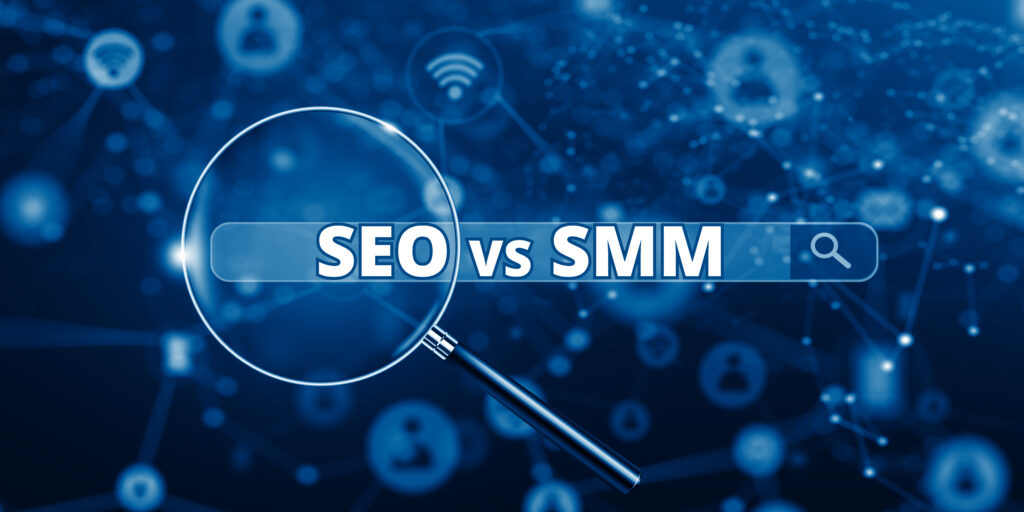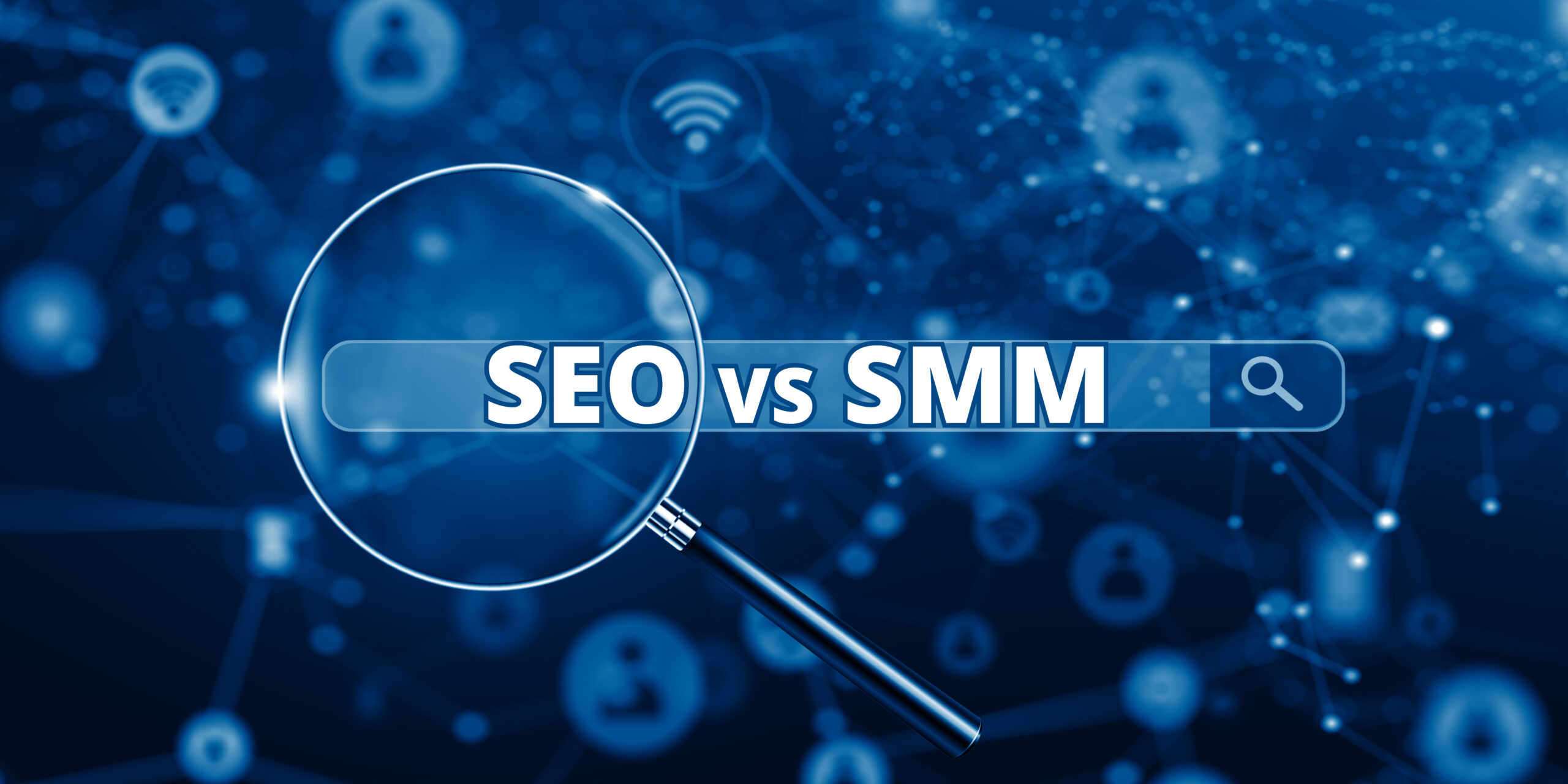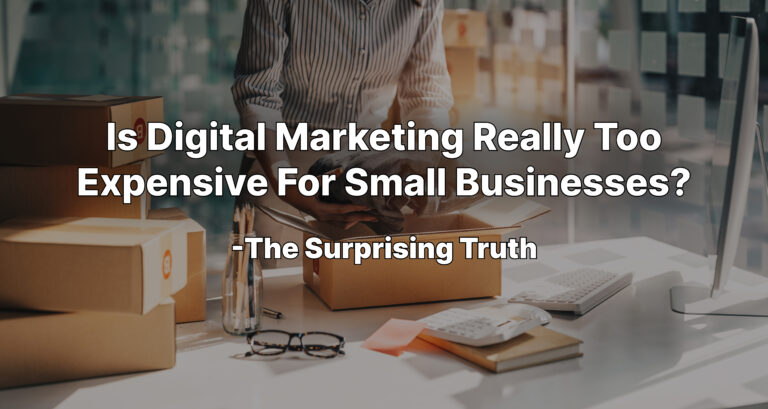The Definitive Guide to SMM vs. SEO for Leads: A Deep Dive into Digital Dominance
In today’s hyper-connected, algorithm-driven world, generating high-quality leads isn’t just a marketing goal—it’s the lifeblood of any growing business. With thousands of businesses competing for digital attention in 2025, the debate around SMM (Social Media Marketing) vs. SEO (Search Engine Optimization) for lead generation has only gotten louder.

Which one drives better leads? Which gives you faster ROI? Should you focus your time and money on one over the other?
Let’s dive in and break this debate down with facts, strategies, and real-world insights.
What is SEO?
Definition and Role in Digital Marketing
SEO, or Search Engine Optimization, is the art and science of getting your website to show up when people search for something related to your business. Think about how often you “Google” something before making a purchase—SEO is how businesses ensure they’re there when you do.
Key Pillars of SEO

Technical SEO
This covers everything under the hood of your website—site speed, mobile-friendliness, SSL security, structured data, crawlability. If search engines can’t read your site easily, it won’t rank.
On-Page SEO
This is where keywords, internal linking, content formatting, and user experience come in. You’re essentially telling Google: “Here’s what this page is about, and here’s why it’s useful.”
Off-Page SEO
Link building is the king here. The more high-authority sites linking to you, the more trustworthy your content appears to Google.
What is SMM?

Definition and Purpose
SMM is all about using social media platforms like Instagram, Facebook, LinkedIn, TikTok, and X (formerly Twitter) to share content, engage with followers, and run targeted ads to attract new leads and customers.
Key Aspects of SMM
Organic SMM
This is the slow and steady approach. You build a loyal community by posting regularly, responding to comments, and showing up authentically.
Paid SMM
Want fast results? Run an ad. You can laser-target people based on their interests, job titles, behaviors, and even past website visits.
SEO for Lead Generation
High-Intent Traffic
If someone searches “best budget accounting software for freelancers,” they’re probably not just browsing—they’re ready to buy. That’s where SEO shines: capturing people with real intent.
Long-Term Value and Trust
Once you rank well for key search terms, you build trust and visibility over time. Unlike ads that disappear when the budget runs out, organic traffic keeps coming.
Tools and Metrics
Platforms like Google Analytics, Ahrefs, Moz, and Search Console give you deep insights into which keywords are driving traffic and how users behave on your site.
SMM for Lead Generation
Audience Targeting and Fast Results
Want to target divorced women over 40 who love cats and live in Chicago? SMM can do that. You can set up an ad today and start seeing leads tomorrow.
Community Engagement and Brand Humanization
You’re not just a business on social media—you’re a voice, a personality, a brand that engages. That human element builds emotional connections that SEO just can’t replicate.
Performance Tracking
Using tools like Meta Ads Manager, LinkedIn Campaign Manager, and TikTok Ads, you can track impressions, engagement, cost per lead, and more in real time.
Lead Quality: SEO vs. SMM
- SEO Leads = High Purchase Intent
Users are actively searching, which often leads to higher conversion rates. - SMM Leads = Top-of-Funnel Awareness
Great for expanding reach and warming up cold audiences, but not always ready to convert immediately.
Cost and ROI Comparison
- SEO: High upfront investment in content and optimization. But long-term traffic = long-term ROI.
- SMM: You pay to play. Great for fast exposure but stop the ads, and the traffic stops too.
Winner in the long run? SEO.
Winner for quick campaigns and promotions? SMM.
Time to See Results

- SEO: Can take 3–6 months to gain traction.
- SMM: See clicks, leads, and engagement within hours of launching a campaign.
Targeting Capabilities
- SMM: Precision targeting (age, gender, location, interests, behaviors, custom audiences)
- SEO: Depends on the searcher’s intent and well-optimized content.
Both are powerful—just different tools for different goals.
Trust and Credibility
- SEO: Top rankings build authority. Users trust Google to guide their buying decisions.
- SMM: Builds personality and connection. More human, more emotional.
When to Use SEO
- You’re in a niche where people Google a lot before buying.
- You want consistent, long-term leads.
- You want to reduce reliance on paid advertising.
Great for: SaaS companies, B2B services, bloggers, local businesses.
When to Use SMM
- You’re launching a new product or service.
- You need fast brand awareness.
- You want to connect emotionally and build community.
Great for: Fashion, e-commerce, personal brands, fitness and wellness businesses.
Case Studies
SEO Success Story
A SaaS startup focused on productivity tools used blog content + link building and ranked #1 for “project management for freelancers.” That single blog brought in 2,000+ leads/month with zero ad spend.
**SMM Success Story
**
A small handmade jewelry brand ran Instagram Story Ads offering a “20% off” promo. In 48 hours, they gained 800 leads and sold out two collections.
Combining SEO and SMM for Maximum Impact

- Step 1: Use SEO to build evergreen content.
- Step 2: Share it on social to drive traffic.
- Step 3: Run retargeting ads to bring people back.
- Step 4: Use feedback from SMM to improve SEO content relevance.
It’s not SEO vs. SMM, it’s SEO + SMM.
Challenges of Integration
- Budget balancing: SEO needs time, SMM needs ad spend.
- Consistent messaging: Your brand voice needs to align across blog posts and Instagram captions.
- Team alignment: Your SEO strategist and social media manager need to talk to each other.
Final Thoughts: Which is Better for Lead Generation?
It’s not about choosing one over the other—it’s about how well you can use both together. If you want scalable lead generation, let SEO work in the background and use SMM to fill in the gaps with bursts of visibility and engagement.
Conclusion
The SMM vs. SEO debate is outdated. In 2025, the winning brands are those that combine both strategies smartly. SEO gives you the long-term, high-intent leads that build your foundation. SMM gives you speed, agility, and emotional connection. Together, they create a full-funnel lead generation machine that turns strangers into leads, leads into customers, and customers into raving fans.
It’s not SEO vs. SMM, it’s SEO + SMM.
FAQs
1. Is SEO better than SMM for small businesses?
SEO is more cost-effective long-term, but SMM provides quicker traction. Small businesses should ideally start with SMM while building their SEO foundation.
2. How long should I wait to see SEO results?
Typically, 3–6 months for noticeable rankings and leads. Patience is key—it’s a long-term game.
3. Can SMM replace SEO completely?
No. SMM and SEO serve different purposes. One builds awareness and engagement fast; the other builds trust and long-term traffic.
4. What’s the best platform for paid SMM?
It depends on your audience. Facebook/Instagram for B2C, LinkedIn for B2B, and TikTok for younger, visually-driven demographics.
5. How often should I update my SEO strategy?
At least quarterly. Google updates often, and your strategy should evolve with new keywords, user intent, and competition.






20 Responses
Wjslotcasino… sounds interesting! The name alone makes me want to spin. Anyone had any luck on this site? I’m always on the hunt for a legit casino with decent odds. Worth a shot? Join wjslotcasino now.
Alright, so I downloaded the 8jililoginapp app. It’s not bad! Makes it super convenient to play on my phone. Could be a little smoother, but overall a solid experience. Here’s the link: 8jililoginapp
Well, well, well, what do we have here? bet213slots. Tried my luck and the slots are alright. Could be better, but I’ve seen worse! Check it out and see what you think bet213slots.
Alright folks, let’s talk about 3363. Heard a buzz about it and decided to check it out. Not bad, not bad at all! Definite worth a look if you’re in the market for something new. You can check it out here 3363.
Yo, QH77 – anyone else heard of this? Decided to give it a go and I’m pleasantly surprised. Has some cool bits, worth checking out if you are wanting to try something different. Here’s where I found it qh77!
Been looking to change things up, saw an advert for hi88netc. Is legit. Give me all your review! Does hi88netc actually pay out well?
Heard about lt88, anyone had any success with them? Is it worth signing up to? What do you think about lt88.
Alright fam, let’s talk mn88com. Heard some buzz about it, decided to give it a spin. Pretty standard stuff, you know? Slots, live dealers, the whole nine yards. Payouts seem fair enough, haven’t had any major issues. Would recommend checking it out, especially if you’re into live games.
Bay888slot is okay. Kinda standard selection, but I’ve had some luck there at bay888slot. Could use a refresh, but hey, if it ain’t broke, right?
Betanocomlogin works fine for me! The login is smooth and easy and I am able to easily play at betanocomlogin. That is all that i need!
I’ve been trying my luck with Betanobetb and so far, so good! Their user interface is smooth, and the betting options are diverse. A good place to explore if you’re into online betting. Head over to betanobetb and see for yourself!
Yo check out a2pkrgame! It’s got some pretty cool stuff going on I’ve been messing around with. Definitely worth a look if you’re into casual gaming, know what I mean? Find out more at a2pkrgame.
Heads up, bettors! If you’re looking for a smooth login experience to oleybet, oleybetlogin looks like the spot to go. No more hassle, hopefully! Go take a peek: oleybetlogin
Yo, check out toma777! Been playing around on there and it’s been pretty fun. Lots of different games to keep you entertained. Worth a look in my opinion! Find the fun here: toma777
Bombing Fishing, interesting name! Gave it a spin, and it’s surprisingly addictive. Graphics are alright, gameplay is smooth. I’d give it a go again for sure. Dive in bombing fishing!
Looking for how to tải vn123? You can find what you need here. Check it out here tải vn123.
Yo88vina eh! Heard some buzz about this place. Seems legit for some casual gaming fun. Gonna check it out and maybe win some beer money! Give yo88vina a whirl if you’re bored.
PK345Bet, thinking of placing a bet there. What’s the word on their payouts? Are they fast? Find out more: pk345bet
Q789Game looks kinda different. I’m looking for unique games. Let me check it ASAP: q789game
Heard some buzz about jili711. Decided to give it a shot and not disappointing. Good games, easy to use. Try it yourself jili711.